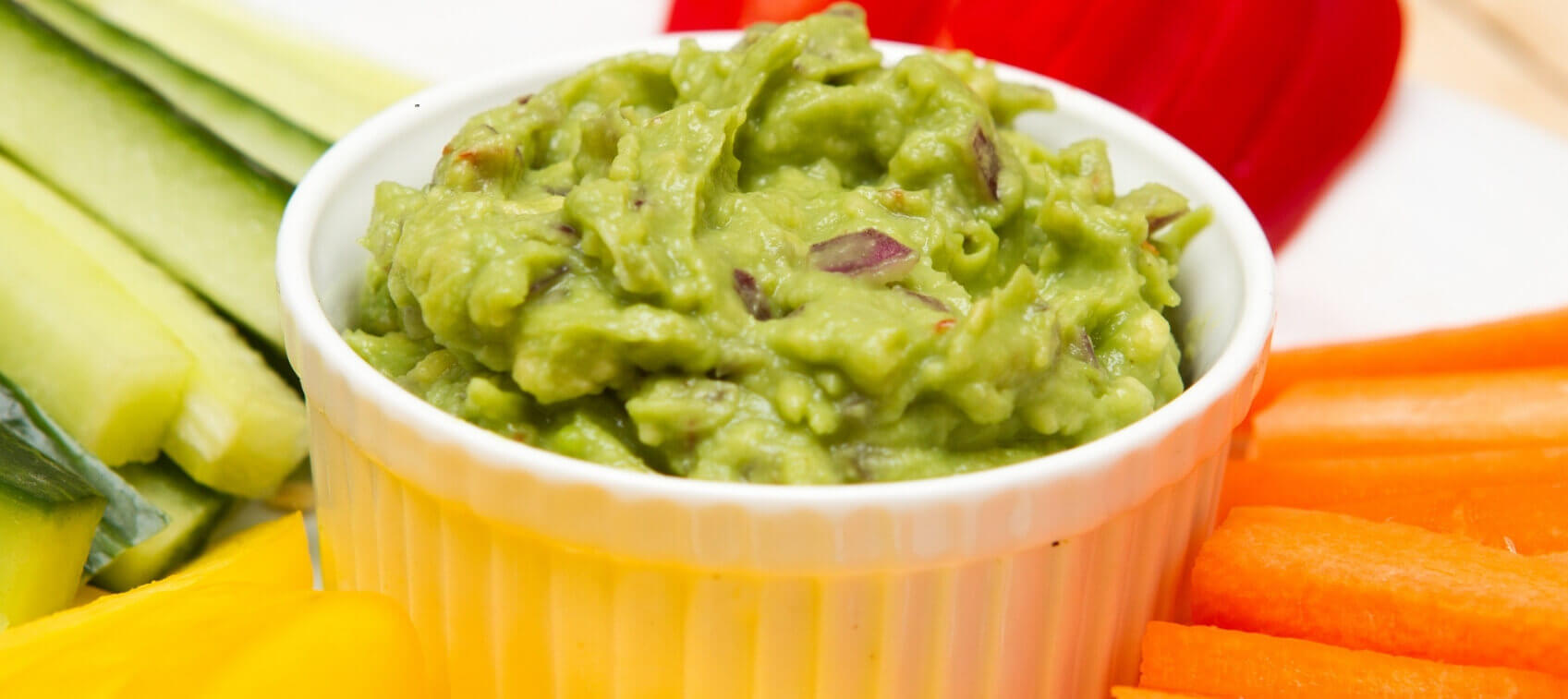
The snack industry in America is a multi-billion-dollar business. You can’t walk into a movie theater, shopping mall, or ballgame without seeing dozens of snacks that are loaded with too much fat, calories, and sodium. Americans are literally snacking their way to obesity, poor heart health, and diabetes.
One of the biggest problems with typical snack foods is that they are often high in simple carbohydrates and sugars. While these snacks can curb your immediate hunger, they also raise your blood sugar. Your body then releases insulin to bring your blood sugar levels back down. So, you end up with a “sugar high,” followed by a “sugar crash” that leaves you craving more food.
The best heart-healthy snacks contain the same types of foods I advocate in my Pan-Asian Modified Mediterranean Diet , including heart-healthy fats, protein, and fiber. Unlike simple carbohydrates, these foods are released slowly into your bloodstream, giving you a steady supply of energy that will hold you over until your next meal. Plus, they benefit your heart in many other important ways.
My Heart-Healthy Snacks List
- Guacamole: Avocados are one of my top heart-healthy foods, giving you healthy monosaturated fats which won’t lead to clogged arteries, along with vitamin E and glutathione which help to defend your body against inflammation. For the healthiest guacamole, I recommend making your own. If you buy it, pay close attention to the sodium content. Some good dippers for guacamole include organic carrots, celery, pepper slices, and cucumbers.
- Vegetable Skewers: Low in calories and high in fiber and vitamins, vegetables are an excellent choice for a heart-healthy snack. Try skewering together sliced peppers, cucumbers, tomato chunks, or any of your favorite organic vegetables. Then, drizzle the vegetables with olive oil , which helps to prevent heart disease and lower blood pressure, sprinkle on your favorite seasonings, and enjoy.
- Salmon Spread: Wild-caught salmon is rich in heart-healthy omega-3 essential fatty acids that are good for your cardiovascular health, blood pressure, and blood flow. To make a delicious salmon spread, combine six ounces of wild cooked salmon, ¼ cup mayonnaise, one cup finely chopped carrots, ½ cup chopped green pepper, ¼ cup finely chopped onions, and ½ cup of salsa. Spread on gluten-free crackers and top with shredded lettuce if desired.
- Trail Mix: Did you know that people who eat nuts on a regular basis have better heart health, including fewer heart attacks? That’s because nuts contain arginine which helps to protect the inner line of your blood vessels. Plus, your body needs arginine to create nitric oxide which helps your blood vessels to relax as they should. To make trail mix, you can combine your favorite nuts and seeds, including almonds, dry-roasted soybeans, dates, dried cranberries, peanuts, pumpkin seeds, raisins, sunflower seeds, and walnuts. Just make sure to choose organic nuts and seeds if they’re available and ones that contain no more than 300 mg of sodium per serving.
- Fruit Dippers: Fruit is an excellent addition to a heart-healthy diet and can satisfy your sweet tooth without spiking your blood sugar. Slice up your favorite fruits, such as organic strawberries, blueberries, and apples and dip them in plain yogurt. You can even add a sprinkling of sunflower seeds or ground flax for a tasty crunch.
- Dark Chocolate: Many people don’t know this, but dark chocolate is good for your heart. That’s because it contains flavanols that can help to reduce inflammation and lower blood pressure. With chocolate, the darker the better. You want to look for one that’s at least 70% cocoa, and preferably organic. Yet, even though it’s a heart-healthy snack, you want to enjoy it in moderation—a square (or two) just a few times a week.


